I saw an amusing post on one of the forums a while back. Someone was asking how to change a Ford Focus headlight bulb and had concluded that the front bumper had to be removed because he’d taken a screw out and couldn’t remove the headlight. Naturally, this was the manufacturer’s fault.
Even more amusing was the advice from someone else to check before you buy a car. It’s amazing how these stupid rumours start – and are propagated – out there in Instructor Land? In actual fact, Ford Focus headlight bulbs are incredibly easy to change, and appear to have been designed specifically to be that way!
Let me just stress that this applies to the Mk II model onwards. It does not apply to the original body shaped Focus from circa 2003 which ran on coal – watch this video for advice on that one (even then, the bumper does not have to be removed). And I’m joking about the coal thing – I loved that original design.
On the pre-2012 (but post 2003-style) models, all you do is remove the single screw that holds the headlight cluster in place (using a Tx key or a normal screwdriver – they even made it so you can use either). The cluster is locked at the bottom by a hook on the end of a long plastic arm – you just push the arm down slightly to release the hook, and the cluster will slide easily forwards out of the car along two rails. You can then release the cable connector by pushing a small button and pulling it off. The whole cluster will now come away from the car in your hand. The bulbs are behind big rubber caps (which come off and go back on extremely easily) and are held in place by simple spring-wire clips. The sockets the bulbs sit in are keyed to prevent them being put in the wrong way round.
The cluster slides easily back in and clicks into place as the hook latches into place. It takes less than five minutes to remove the cluster, change the bulb, and put the cluster back. I’ve had to replace quite a few bulbs, and there has never been a problem.
On the 2013-2017 models (I haven’t had to do a 2018-onwards one yet) there are two screws which have to be removed. The cluster then slides forwards and you, and you lift the outside edge to remove it . Remove the electrical connector and you can see four caps which cover the bulb mountings. This is the picture in the Ford Focus manual, but I have to say it is a bit misleading because mine doesn’t look quite like that at the back. It’s similar, but definitely not the same.
This is the picture in the Ford Focus manual, but I have to say it is a bit misleading because mine doesn’t look quite like that at the back. It’s similar, but definitely not the same.
According to the manual, the sidelight bulb is behind cap A, the dipped beam light is behind cap B, the main beam lamp is behind cap C, and cap D conceals the indicator lamp. After removing a cover, you apparently turn the bulb holder anti-clockwise to remove it, and then push the bulb in gently and turn it anti-clockwise to remove it from the holder. In actual fact, behind the rubber covers my bulbs are held in with clips, but they still come out and go back in very easily – and they’re keyed so you can’t put them in wrong. Whatever your cluster looks like, it isn’t difficult to remove the bulbs one at a time to find the right one.
The specs for the front bulbs are as follows (I believe these are the same for all models after 2003 but check your manual first):
- sidelight – W5W 5 Watts
- dipped beam – H7 55 Watts
- main beam – H1 55 Watts
- indicator – PY21W 21 Watts
A word of advice: when you remove the screws, put them in your pocket or on the floor. If they fall inside the engine compartment – which they are sure to do if you put them on the ledge at the front of the engine compartment – they’re likely to fall on to a hidden ledge and will be sods to find and recover. Trust me, I’ve been there.
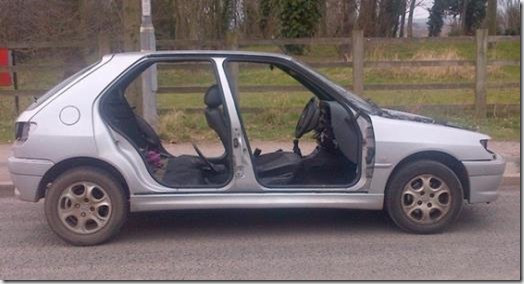

 Well done to Duncan, who passed first time (with me) today with 8 driver faults. He told me that if he’d have failed this time – having taken his test four times several years ago – he was going to give up. To be honest, he was one of those who I’d have put money on passing, so I’ve no idea what he was thinking to coming up with something like that, but as they saying goes, there’s nowt so queer as folk.
Well done to Duncan, who passed first time (with me) today with 8 driver faults. He told me that if he’d have failed this time – having taken his test four times several years ago – he was going to give up. To be honest, he was one of those who I’d have put money on passing, so I’ve no idea what he was thinking to coming up with something like that, but as they saying goes, there’s nowt so queer as folk.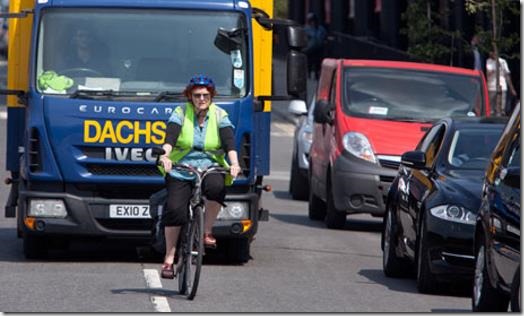
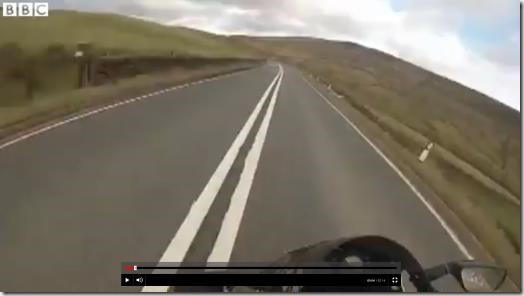
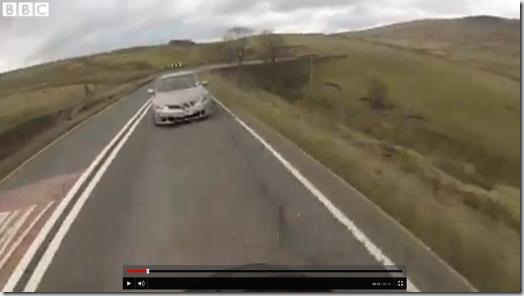
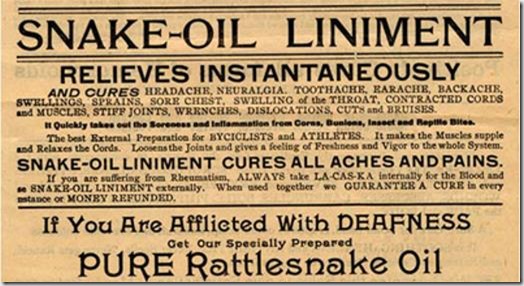

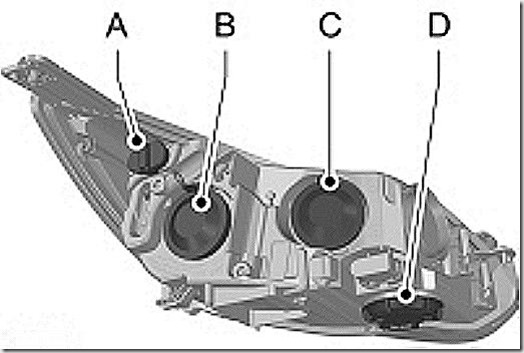 This is the picture in the Ford Focus manual, but I have to say it is a bit misleading because mine doesn’t look quite like that at the back. It’s similar, but definitely not the same.
This is the picture in the Ford Focus manual, but I have to say it is a bit misleading because mine doesn’t look quite like that at the back. It’s similar, but definitely not the same.